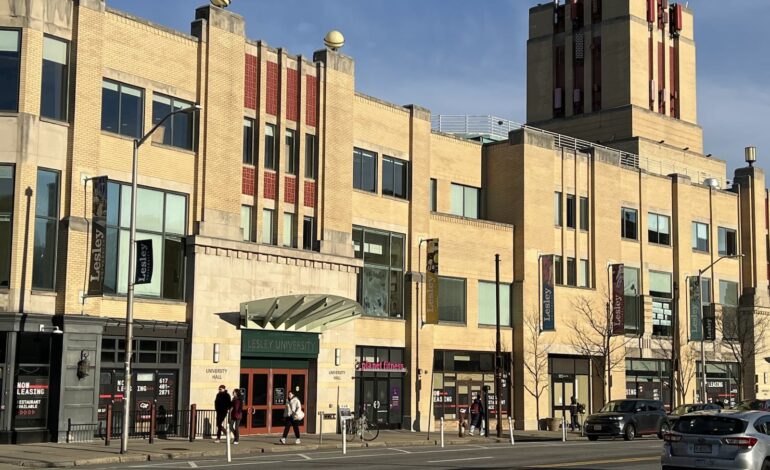Colleges Cut Programs as Enrollment Declines and Finances Tighten

In a significant shift within higher education, numerous colleges and universities across the United States are eliminating degree programs due to declining enrollment and financial pressures. Among the affected institutions is Boston University, which recently announced the closure of its in-person social work programs in Cape Cod, Bedford, and Fall River. With fewer than 50 students enrolled in these programs, the decision reflects broader trends affecting many schools.
Joanna Hennigan, a dedicated student in the Boston University social work master’s program, expressed her dismay at the announcement. She had invested years of savings in her education, motivated by personal experiences with postpartum isolation and mental health struggles. Hennigan noted the pressing need for more mental health professionals on Cape Cod, stating, “There is a real deficit — a huge need and not enough workers.”
The cuts extend beyond Boston University. Over the past year, Clark University in Worcester has discontinued majors in French and Francophone studies, comparative literature, ancient civilization, and studio art. Similarly, Berklee College of Music has phased out its contemporary theater degree, while Lesley University has announced reductions in sociology, political science, and global studies, among others. Other institutions, such as Utica University in New York and Rhode Island College, have also faced program cuts.
Financial Pressures and Legislative Changes
These reductions come at a time when several states are implementing laws that target degrees with low graduation or enrollment rates. For instance, Texas A&M University has recently cut 14 minors and 38 certificate programs deemed “low producing,” following legislation signed into law in June. According to reports from Inside Higher Ed, states like Indiana, Ohio, and Utah have enacted similar laws, which have intensified the scrutiny of degree offerings.
Lynn Pasquerella, president of the Association of American Colleges and Universities, emphasized that the trend is not purely a result of external pressures. Even before the Trump administration’s policies, which included significant funding cuts and challenges to international student admissions, higher education institutions were exploring cost-cutting measures. Pasquerella highlighted that skepticism surrounding the value of a college degree, demographic shifts leading to fewer traditional students, and rising costs have compounded financial challenges for schools.
This climate of uncertainty has prompted many institutions to reassess their offerings. Pasquerella anticipates that the decline in humanities majors will continue, particularly as new legislation ties federal student loans to graduates’ post-college earnings. In 2021, graduates with humanities degrees earned less than the median annual income for all college graduates, which was reported at $72,000 by the American Academy of Arts and Sciences.
The Impact on Students and Faculty
The impact of these program closures is profound. At Utica University, proposed cuts to degree programs come amid a broader financial crisis, with the institution facing a cash operating deficit of approximately $30 million. The university has already laid off nine staff members and implemented pay cuts. Leonore Fleming, a philosophy professor at Utica, expressed concern that the erosion of liberal arts courses undermines the university’s mission and historical identity.
Mary Churchill, an associate dean at Boston University, noted that economic instability often triggers a wave of program cancellations. She pointed out that while this situation is familiar during economic downturns, the current instability stems from domestic decisions impacting the educational landscape. “It feels like one of many points of attack,” she remarked, alluding to the broader challenges facing higher education.
In response to the announcement of program cuts, Hennigan organized a petition that garnered nearly 800 signatures, urging Boston University to reconsider its decision. She argued that students should have the opportunity to complete their education as promised. A spokesperson for the university stated that while the programs are being phased out, efforts are being made to accommodate current students, allowing them to continue their studies either online or in person.
As students like Hennigan advocate for their rights to education, the evolving landscape of higher education raises critical questions about the future of academic programs, particularly in the humanities. With many institutions facing similar challenges, the cuts may lead to a significant shift in the types of knowledge and skills imparted to future generations.






